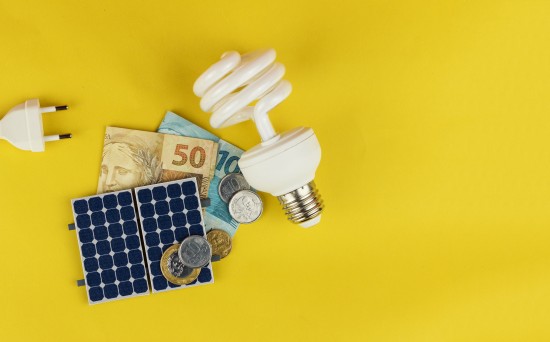Energiewende in Germany becomes to costly for energy consumers

Hans Josell Fell, one of the main creators of the German Energiewende project, notices that as a result of ever higher costs, the effectiveness of the project is decreasing, therefore it is necessary to reconstruct it as soon as possible.Ultimately, the Energiewende project assumed that energy from renewable sources would constitute 50% of Germany's energy mix. Undoubtedly, since 2000, when the project came into force, it has achieved great success, because the share of renewable energy sources has increased even 4 times. Two decades ago it was just over 10% of the country's potential, today it is already 40%, which - as it turns out - in absolute numbers translates into even a 5-fold increase of renewable power, i.e. from 23.5 GW of potential in 2002, RES reached 122.5 GW in 2019.However, according to Clean Energy Wire, the costs of the energy transition are very high. Each year, the German government spends for transformation around EUR 15-40 billion, and according to Siemens calculations, the total cost will reach even EUR 1.4 billion by 2030. Worst of all, it turns out that the growing costs of subsidies to the RES system are covered by German recipients entirely, who currently allocate approximately 20% of the total electricity bill to subsidies to renewable sources.It is estimated that these subsidies may amount to a total of around EUR 26.2 billion this year. Currently, for each consumed kWh, the German recipient has to pay an average of 31.4 euro cents, of which as much as 6.7 euro cents are costs allocated to the energy transition. The problem of subsidies for green energy was noticed by the government, which is why Chancellor Angela Merkel decided to financially support the economy by donating EUR 128 billion for this purpose, of which EUR 11 billion will go directly to the budget to reduce the cost of green energy.In this way, each customer will pay 2 euro cents less for each kWh. The plans of the German Chancellor have been criticized by Hans Josell Fell, who believes that: "Taxpayersrelieving energy consumers (...) is an absurd case of supporting an expensive system instead of reforming it".
